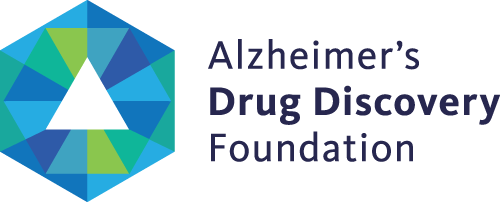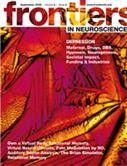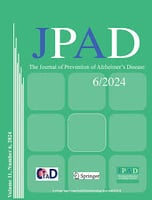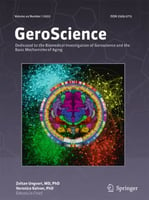Everything we do is
backed by science
OUR BEGINNINGS
Focused on Alzheimer's from day one
Neurotrack was co-founded in 2012 by Elli Kaplan, Elizabeth Buffalo, Ph.D., Cecelia Manzanares, and cognitive impairment testing pioneer Stuart Zola, Ph.D.
- Collectively, our co-founders and clinical team members have authored 354 peer-reviewed papers
- Their research has been cited more than 37,000 times
- They've made notable contributions in the study of Alzheimer's, memory, and cognitive neuroscience

Dr. Stuart Zola
- Introduced digital phenotyping for early detection of cognitive decline
- Shaped our understanding of how memory is organized in the brain
- Leadership roles at UCSD, Atlanta VA Medical Center, and Emory University
To date, Neurotrack has received $4.3 million in grants from the National Institute on Aging, Alzheimer’s Drug Discovery Foundation, and the Georgia Research Alliance
OUR RESEARCH PARTNERS




Scientific accomplishments by the numbers

25
CORE COMPANY STUDIES PUBLISHED

11
PATENTS ON OUR TECHNOLOGY

40+
USER INTERVIEWS & FIELD WORK EVENTS EACH YEAR
.png)
100+
YEARS OF RESEARCH BEHIND OUR TESTS
OUR BREAKTHROUGHS
Research highlights
Explore key insights from our publications or browse the full list below.

Alzheimer's Disease & Other Dementias
Computerized task predicts MCI and Alzheimer’s disease

Frontiers in Aging Neuroscience
Neurotrack assessment delivers high sensitivity & specificity

JMIR Aging
Validation study: Neurotrack’s screening meets gold standard measures

Journal of Prevention of Alzheimer's Disease
Neurotrack spots distraction signals in remote testing

JMIR Formative Research
Neurotrack digital tests are reliable for repeat use

Geroscience
Neurotrack’s brain health education boosts outcomes

